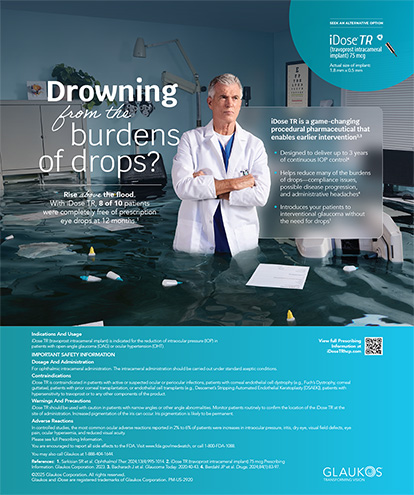

The distribution of profits from the operation of an ambulatory surgery center (ASC) to physician-owners is common but raises concerns under the federal Anti-Kickback Statute (AKS). The reason is that physician ownership allows physicians to receive remuneration tied to their referrals to the ASC.
Decades ago, the US Department of Health and Human Services Office of Inspector General (OIG) established a regulatory safe harbor under the AKS that permits physician ownership of an ASC and receipt of profits from their referrals, provided certain requirements are met.1 Physician-owners must invest their own money in the ASC and derive at least one-third of their medical practice income from ASC-covered procedures. These requirements aim to (1) ensure the physician’s commitment to the ASC’s operation because surgery forms part of their overall practice and (2) mitigate fraud risks by requiring financial risk through personal investment.
These safe harbor requirements have served as guiding principles for ASC ownership to prevent the misuse of ASC profits as rewards for referrals by nonsurgical physicians.
NEW ADVISORY OPINION AND THE EMPLOYEE SAFE HARBOR
In October 2023, the OIG issued an advisory opinion clarifying additional protections available under a different safe harbor—the employee safe harbor. It permits profits from an ASC not owned by the physician receiving them to be paid to physician employees, provided specific conditions are met.1
The advisory opinion addressed a requestor operating a single legal entity encompassing a physician practice and a multispecialty ASC. These divisions were part of the same company and not distinct legal entities. The requestor proposed paying a bonus to employed physicians equal to 30% of the net profits from ASC facility fee collections attributable to the physician’s procedures performed at the ASC.
The OIG determined that this proposed bonus payment did not violate the AKS because all physician employees receiving the bonus were bona fide employees of the entity operating both the practice and the ASC. The bonus therefore qualified for protection under the employee safe harbor. This safe harbor permits employers to pay employees “any amount ... for employment in the furnishing of any item or service for which payment may be made in whole or in part under Medicare, Medicaid, or other Federal health care programs.”
LIMITATIONS AND CONSIDERATIONS
Although the OIG acknowledged the broad applicability of the employment safe harbor, the advisory opinion highlights key limitations on its use.
Corporate Structure
The requestor’s corporate structure was atypical. A physician practice and an ASC often operate as separate legal entities. If the ASC and the practice had been distinct entities and the physicians receiving profits had been employees only of the practice, the OIG might have reached a different conclusion. Questions also remain regarding whether similar bonus payments would be permissible if the ASC were a wholly owned subsidiary rather than a division of the practice entity.
Bona Fide Employment
The employee safe harbor applies only to bona fide employees, as defined by federal tax law. Referral-based payments to independent contractors or individuals not qualifying as bona fide employees pose fraud and abuse risks.
Employment Scope
The employment relationship must involve furnishing items or services reimbursable under federal health care programs. The safe harbor does not protect the payment of ASC profits to employees providing marketing or administrative services.
1. Office of Inspector General. OIG advisory opinion No. 23-07. October 10, 2023. Accessed January 15, 2025. https://oig.hhs.gov/documents/advisory-opinions/1132/AO-23-07.pdf




